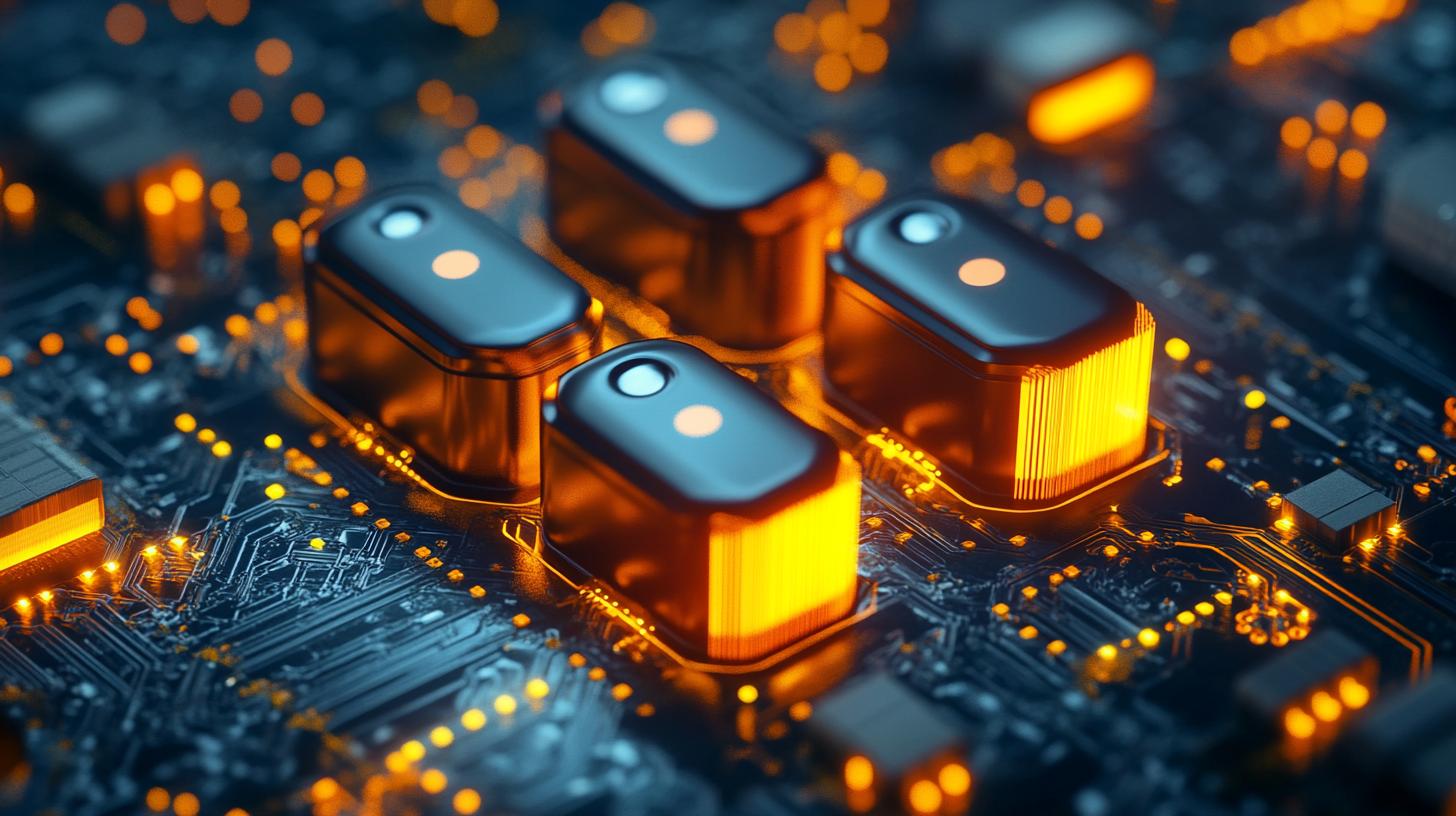In the evolving landscape of battery technology, the emergence of solid state batteries presents a compelling vision for the future, casting shadows over the decades-old reign of lithium-ion powerhouses. As industries from automotive to consumer electronics push the boundaries of innovation, the clamor for safer, more efficient, and longer-lasting energy storage solutions grows louder.
Solid state batteries promise to deliver on these demands by swapping the liquid or gel electrolytes found in lithium-ion counterparts with a solid electrolyte. This transformation effectively tackles several critical issues, such as the risk of leakage and fire hazards. Furthermore, solid state batteries can potentially offer higher energy densities, meaning electronic devices could last longer between charges or vehicles could drive further on a single charge.
Notably, companies like Toyota, Samsung, and BMW are heavily invested in the commercial development of solid state technology, driven by ambitions to revolutionize the electric vehicle market. The promise of faster recharge times combined with a higher lifecycle count makes them particularly enticing for sustainable practices and eco-conscious initiatives.
Despite such promising advantages, the widespread adoption of solid state batteries isn’t without hurdles. Challenges in manufacturing processes and costs remain significant. Yet, with continued research and development, experts predict a future where solid state technology doesn’t just coexist but outpaces traditional lithium-ion batteries, leading a transformative charge across various sectors. As we inch closer to this breakthrough, the anticipation of a new era in power storage technology continues to electrify the industry and consumers alike.
The Surprising Impact of Solid State Batteries on Future Tech Development
As the ignition of the solid state battery revolution sparks a wave of excitement across multiple industries, unforeseen implications for both humanity and technology are coming into sharper focus. Did you know that solid state batteries could significantly reduce electronic waste? These batteries boast a much longer lifespan compared to their lithium-ion predecessors, setting the stage for more sustainable electronic consumption. How will this impact our current relationship with technology?
The potential of solid state batteries extends beyond environmental benefits. Imagine the possibility of smartphones remaining functional for days on a single charge, or electric vehicles rapidly recharging in a matter of minutes. Such advancements could revolutionize current consumer habits and encourage broader adoption of renewable energy sources. Could this lead to a society less reliant on traditional energy grids?
However, the road to solid state supremacy is fraught with challenges. The current cost of production remains prohibitively high, and scaling such technology for mass consumption demands innovative breakthroughs in manufacturing techniques. The environmental benefits of reduced waste could be offset if mining for required materials remains unregulated. Furthermore, the supply chain for necessary components like lithium and cobalt could face significant pressure.
In light of these developments, many tech giants are racing to perfect this technology, drawn by both potential profits and substantial benefits for humanity. As the solid state revolution gains momentum, we must reflect on the balance between innovation and responsible global practices.
For more on battery technology advancements, visit Toyota, Samsung, and BMW.
https://youtube.com/watch?v=MxQ0ezqwg-0







